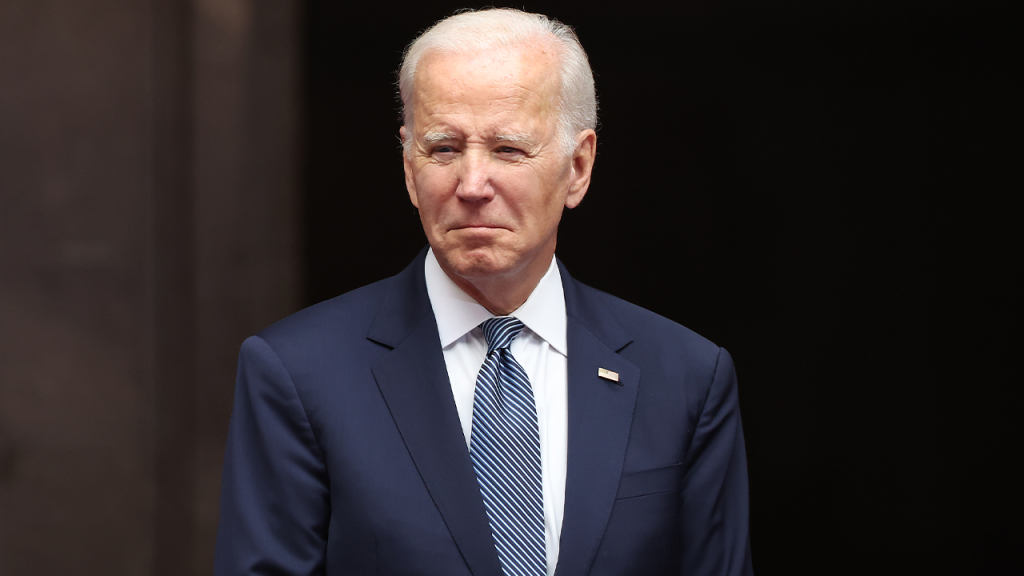The Biden administration notified Congress that it would waive sanctions on military sales to several Middle Eastern nations, including Lebanon, Iraq, Kuwait, Yemen, Libya, Qatar, and Saudi Arabia, extending the waivers through April 30, 2025. This decision came the day before President Biden stated publicly that the U.S. would not provide offensive aid to Israel if it invaded Rafah. The city of Rafah in the Gaza Strip was targeted by Israel as part of its mission to eradicate the terrorist group Hamas, which has been actively engaged in anti-Israel actions. Despite this ultimatum to Israel, Biden emphasized continued U.S. support for defensive systems like the Iron Dome.
It was revealed that the Biden administration had quietly approved the sale of defense articles or services to countries previously accused of engaging in anti-Israel boycotts. Under current law, the president can enact and extend sanctions waivers on Arab nations boycotting Israel if it is in the national interest of the United States. This move raises questions about the administration’s stance on supporting countries with ties to terrorist groups like Hamas, especially as tensions in the region continue to escalate. The State Department’s notice of the waivers was first reported by The Washington Free Beacon.
Countries like Lebanon, which is home to the terror group Hezbollah, and Yemen, where Iran-backed Houthi rebels have caused chaos in the Red Sea, were included in the list of sanctioned nations receiving waivers for military sales. The administration argued that these waivers were necessary for national security interests and to continue working with these governments to tackle regional threats. The decision to waive sanctions on these countries raised concerns about the potential impact on stability in the region and the influence of terrorist organizations like Hezbollah and the Houthis.
Qatar, which has housed Hamas’ top officials for over a decade, also received a sanctions waiver. This decision was justified by the State Department as crucial to maintaining security in the region and strengthening the bilateral relationship between the U.S. and Qatar. Despite criticism of Qatar’s support for Hamas, the administration emphasized the importance of working closely with the Qatari government to address boycott requests and participate in cease-fire negotiations. The role of Qatar in facilitating talks between Israel and Hamas has been a point of contention given its close ties to the militant group.
The decision to waive sanctions on military sales to these Middle Eastern nations comes at a critical time as the region faces escalating tensions and violence. With conflicts between Israel and Hamas ongoing, the administration’s stance on providing military assistance to countries with ties to terrorist groups raises concerns about the impact on regional stability and the safety of civilians caught in the crossfire. The balancing act of supporting allies while addressing threats posed by terrorist organizations is a complex challenge that the Biden administration will need to navigate carefully in the coming months.
Fox News Digital reached out to the State Department for comment on the decision to waive sanctions on military sales to several Middle Eastern nations. The administration’s rationale for extending these waivers through 2025 and its justification for supporting countries with ties to terrorist groups like Hamas raise questions about the U.S. foreign policy approach to the Middle East. As the situation in the region remains volatile, it is crucial for the administration to carefully consider the implications of its decisions on regional stability, counterterrorism efforts, and the safety of civilian populations affected by ongoing conflicts.













